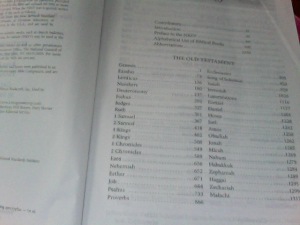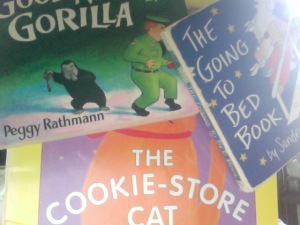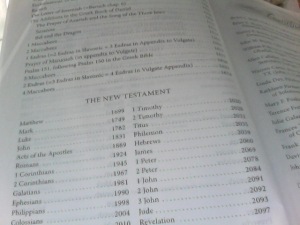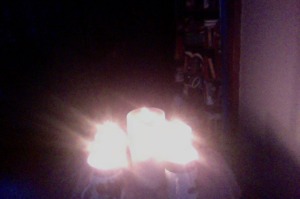He wrote Siddhartha and Steppenwolf. Today I found Hesse’s Hours in the Garden and Other Poems a few books down from Neruda’s Odes to Common Things. Since I came to the library to tidy up the learning garden materials, and since I’ve spend so many hours in the garden here, I brought it home. His first poem, written in 1939:
Page from a Journal
On the slope behind the house today
I cut through roots and rocks and
Dug a hole, deep and wide,
Carted away from it each stone
And all the friable, thin earth.
Then I knelt there a moment, walked
In the old woods, bet down again, using
A trowel and both my hands to scoop
Black, decaying woods-soil with the warm
Smell of fungi from the trunk of a rotting
Chestnut tree – two heavy buckets full I carried
Back to the hole and planted the tree inside;
Carefully I covered the roots with peaty soil,
Slowly poured sun-warmed water over them,
Mudding them gently until the soil settled.
It stands there, young and small,
Will go on standing when we are gone
And the huge uproar, endless urgency and
Fearful delirium of our days forgotten.
The fohn will bend it, rainstorms tear at it,
The sun will laugh, wet snow weigh it down,
The siskin and nuthatch make it their home,
And the silent hedgehog burrow at its foot.
All it has ever experienced, tasted, suffered:
The course of years, generations of animals,
Oppression, recovery, friendship of sun and wind
Will pour forth each day in the song
Of its rustling foliage, in the friendly
Gesture of its gently swaying crown,
In the delicate sweet scent of resinous
Sap moistening the sleep-glued buds,
And in the eternal game of lights and
Shadows it plays with itself, content.
[Hesse, Hermann, Rika Leser, trans., Hours in the Garden, “Page from a Journal,” New York: Farrar, Straus, Girroux, 1979, pp. 2-5]
Note: fohn is a warm dry wind blowing from the northern slopes of the Alps.
Life goes on all around us. Plants live and die, and so do we. Who will remember our names decades from now? Who will remember or care that we once walked this earth? In the grand scheme of things, we count for little if we only count what is credited to our names and remembered beyond our days.
I will not be remembered beyond the few people I love, who love me. That’s as it should be. But the plants I tend, the children I’ve spent time with, the prayers I’ve offered? The world would be very different if I hadn’t done such things.
I’ve done my best to keep faith with the world and the lives it holds. It’s a small price to pay for the beauty, love, and holiness that I’ve found here. It’s more than enough to play a small part in this holy endeavor called creation. It’s blessed and sacred. I, too, am content with the eternal game of lights and shadows that is my life.
They heard the sound of the Lord God walking in the garden at the time of the evening breeze… (Gen. 3:8)
Hermann Hesse (1877-1962) was a German born Swiss poet, novelist, and artist. His works explore what it means to live an authentic human life. Siddhartha is still required reading in many high school and college programs.




